Updates from the field #1: Tackling COVID-19 together worldwide
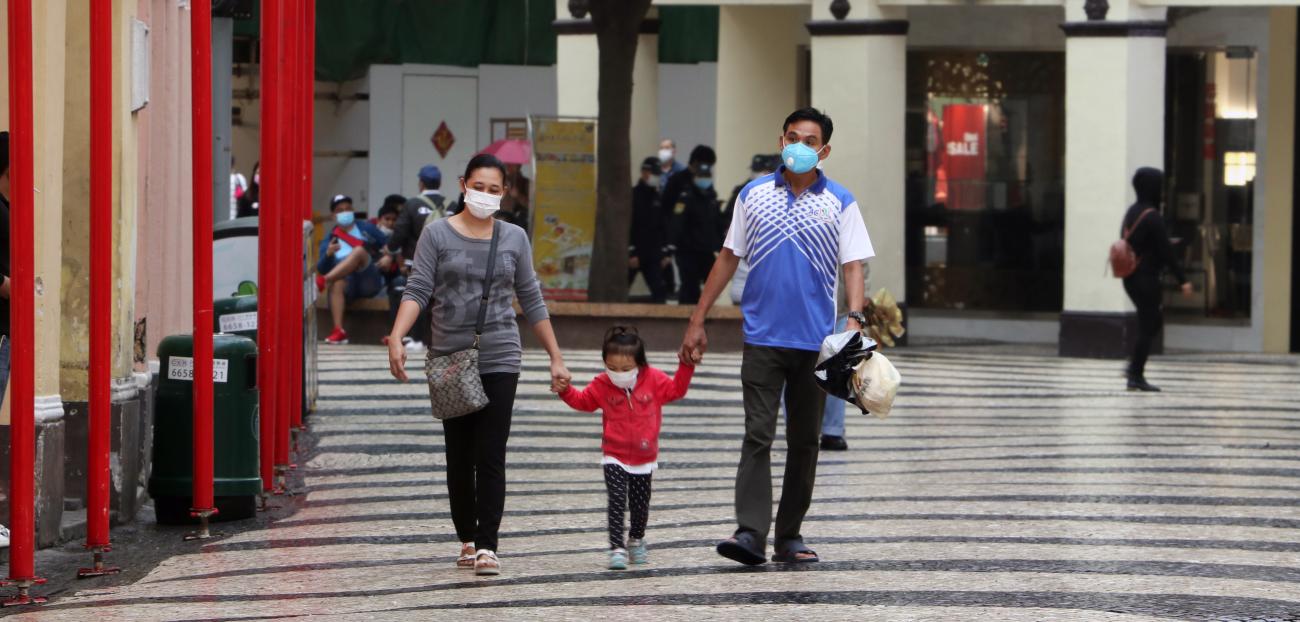
Addressing UN Resident Coordinators from across the globe, UN Secretary-General António Guterres stressed the importance of solidarity and a coordinated approach to tackle the worldwide pandemic, “the UN is responding with determination and coordination, bringing the UN entities together to support governments, while also continuing our urgent response to humanitarian coordination, working for peace and prosperity for all.”
UN teams across the globe are working closely with the government, agencies, partners and civil society to ensure the safety, security and health of the population.
Below, we highlight some of the global responses as of 19 March 2020:
Argentina
The UN team is supporting the government’s response in areas such as health, child protection, prevention of violence against women and food provision. Led by the Pan-American Health Organization/WHO the team is supporting the health sector with containment and mitigation, including guidance and support on surveillance measures, laboratory diagnosis, infection control, risk communication, health system preparedness and measures to support social distancing. The team is focusing on those potentially at higher risks, such as seniors, persons in prisons, migrants and refugees, by providing test kits for laboratory diagnosis. UN colleagues are also actively engaging in public communications to counteract the proliferation of “fake news”.
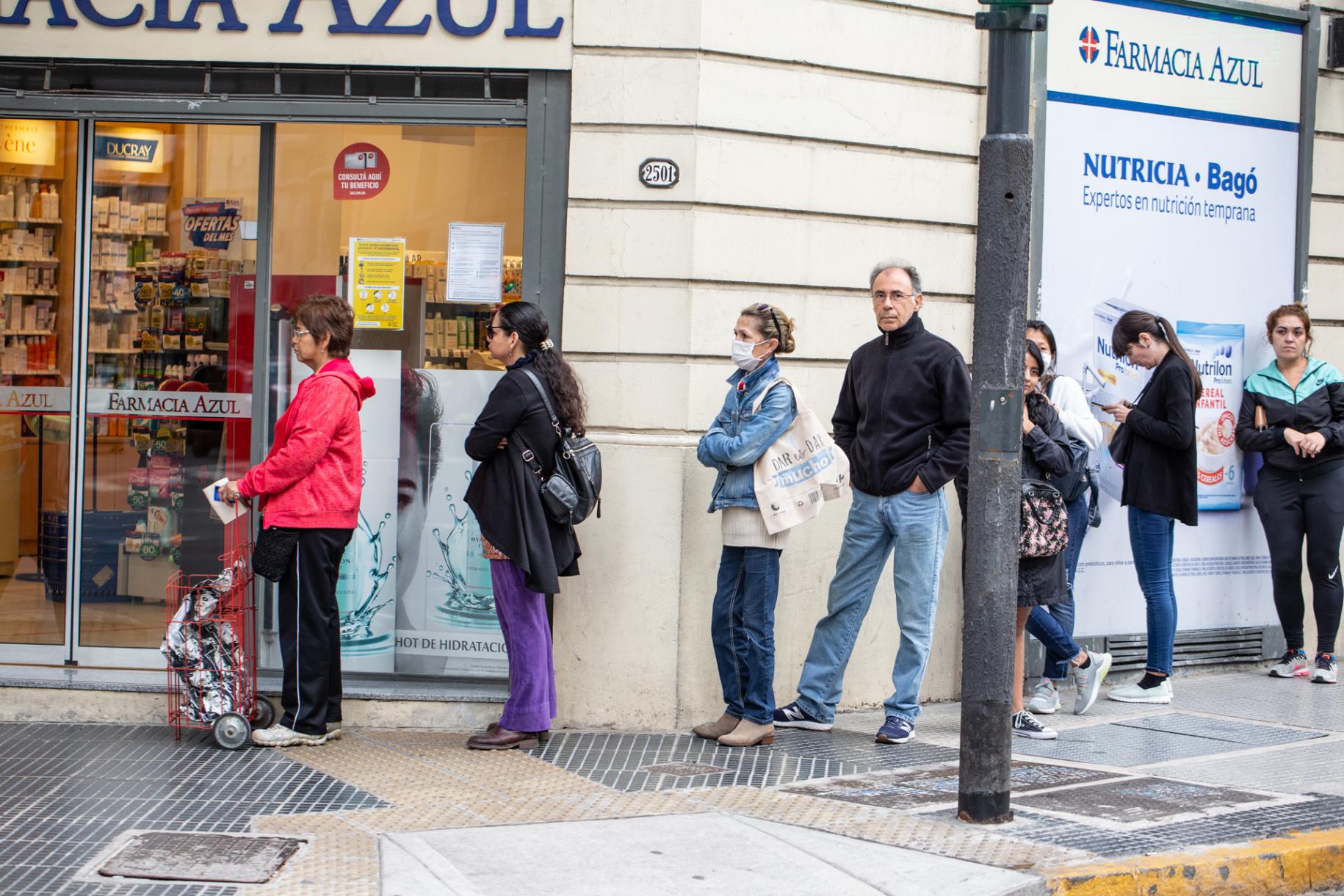
Agencies are stepping up support in Argentina
- UNOPS is helping to urgently procure eight fully equipped emergency modular hospitals to expand the response with 560 extra inpatient therapy beds. One third of the area will be dedicated to intensive care units.
- UNICEF is supporting parents, caretakers and community to ensure continuity of social protection schemes during the suspension of classes and implementation of social distancing.
- UNDP is supporting community kitchens and care centres, providing food and social protection support to approximately 200,000 vulnerable people.
- UNESCO is supporting the educational system through its global platform to monitor the national education systems crisis, sharing best practices to deal with massive school closures and the need to deal with online and remote education.
- Through the EU-UN backed Spotlight Initiative, UN Women is supporting national and local authorities to ensure continued services to victims of domestic violence. Women face the greatest danger in their own homes, which is where most of the cases of violence – and feminicide – occur, mostly by an intimate partner or relative.
China
The UN team has been supporting national and local efforts to share information on COVID-19 through traditional and social media channels targeting various age groups and communities. These efforts have helped reach over 1 billion views on several social media channels. It is also implementing innovated ways of responding to the crisis using artificial intelligence, mobile phones and drones.
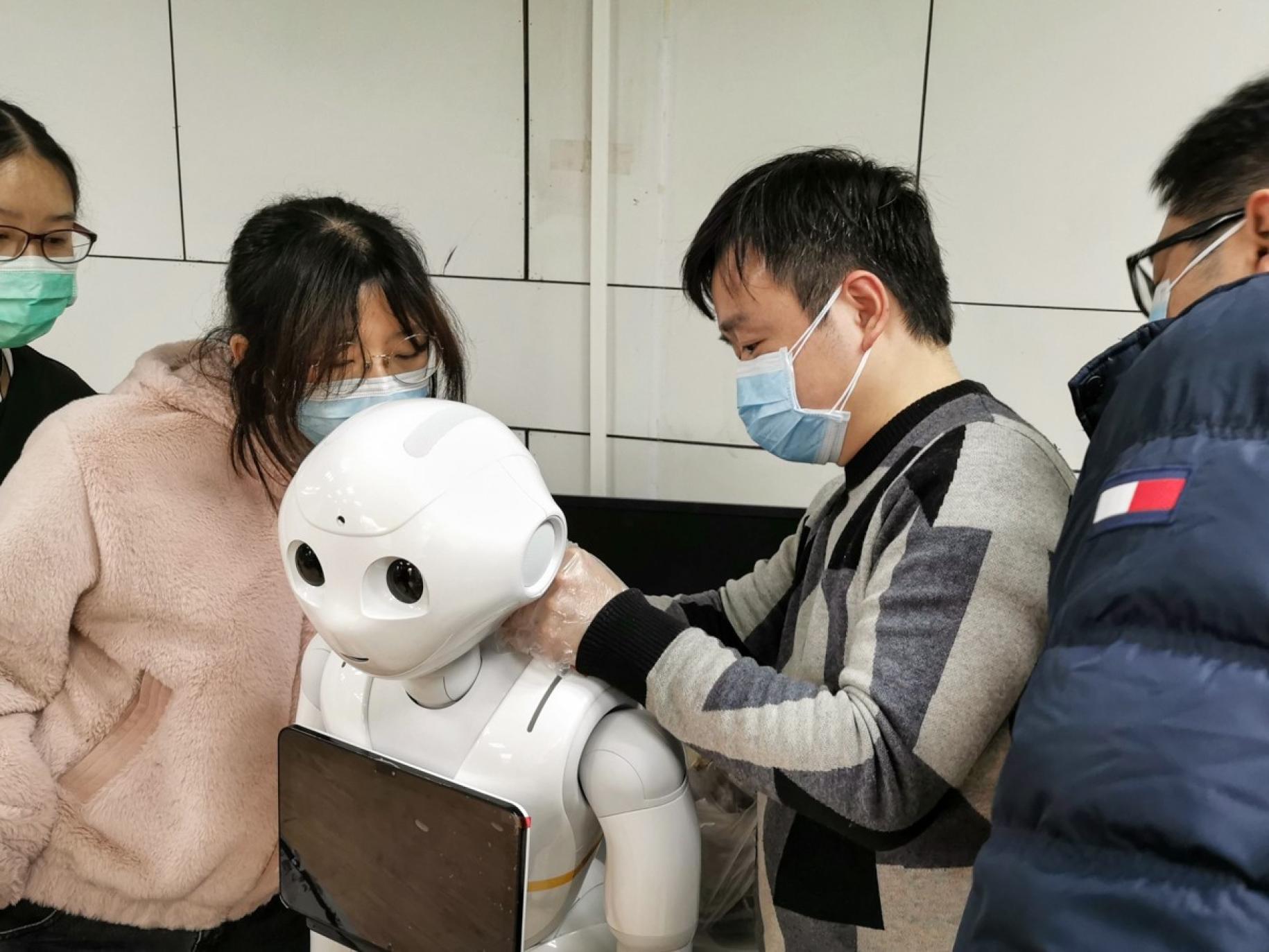
Peru
The Resident Coordinator is working directly with the Ministry of Foreign Affairs, supporting a potential contribution of the international cooperation through the National Humanitarian Network and the National Civil Defense Institute.
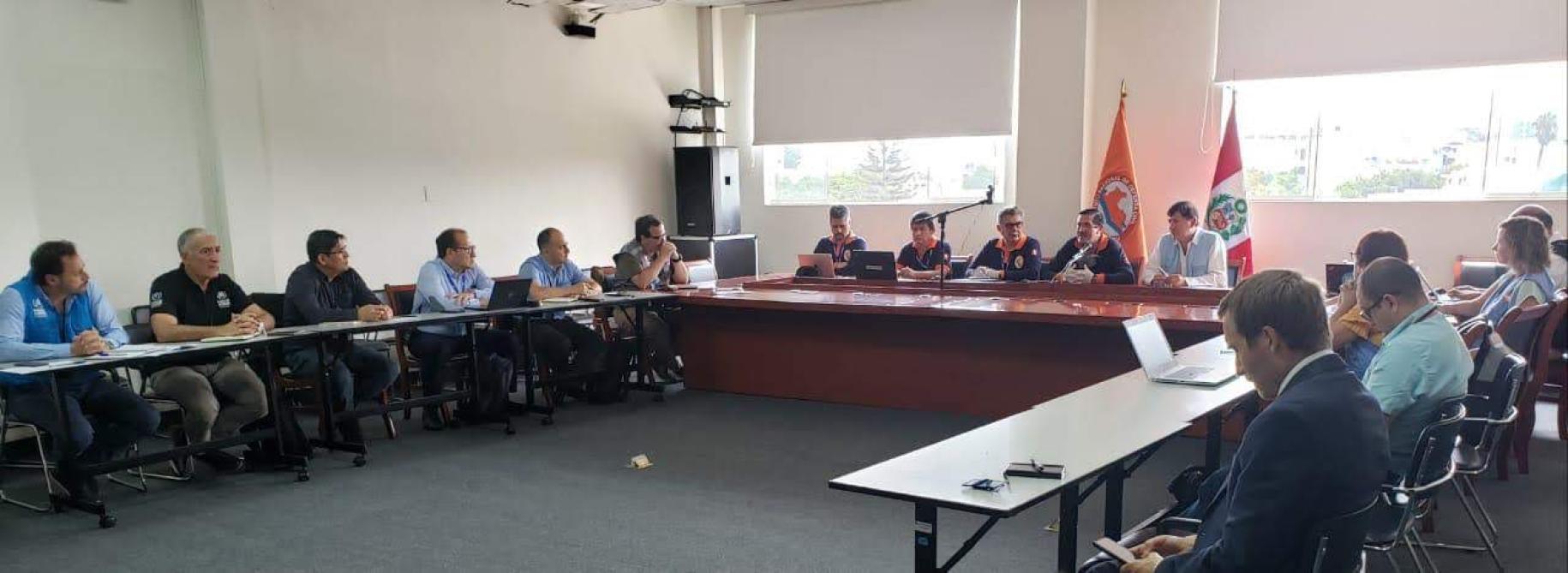
In addition to addressing the immediate health needs, UN entities are working with the government to minimize social and economic impacts of the outbreak.
- The Pan-American Health Organization/WHO has been working permanently with the Ministry of Health on public health system preparedness and community awareness.
- The International Labour Organization has been working with the Ministry of Work and Employment to protect workers from COVID-19 – also with measures to protect their rights.
- UNICEF has been working with UNESCO and the Ministry of Education on safety in schools and preparations for homeschooling needs, if necessary.
- UNDP is working with the government on a communications campaign on basic prevention steps, while also strongly encouraging all people to stay at home as a crucial and effective contention measure.
- UNHCR and IOM are working with government counterparts to support migrants and refugees coming from Venezuela whose access to social programmes may be limited
- UNFPA is advocating to guarantee sexual reproductive health services to all in this emergency preparedness context.
Uzbekistan
Preparedness is in full speed with the UN team’s collaboration with government counterparts. The WHO, the Resident Coordinator Office/UN Information Office, UNFPA and UNICEF have just completed a two-day training on “Risk Communication in Emergency” for more than 30 communication officers and spokespersons of regional departments, with the Ministry of Health and Agency for Sanitary and Epidemiological Well-Being. The training included monitoring of public opinion, countering false information and working with communities. This complements a UN-backed campaign with the government on COVID-19 in Uzbek and Russian, with material being widely distributed across the country—and online.
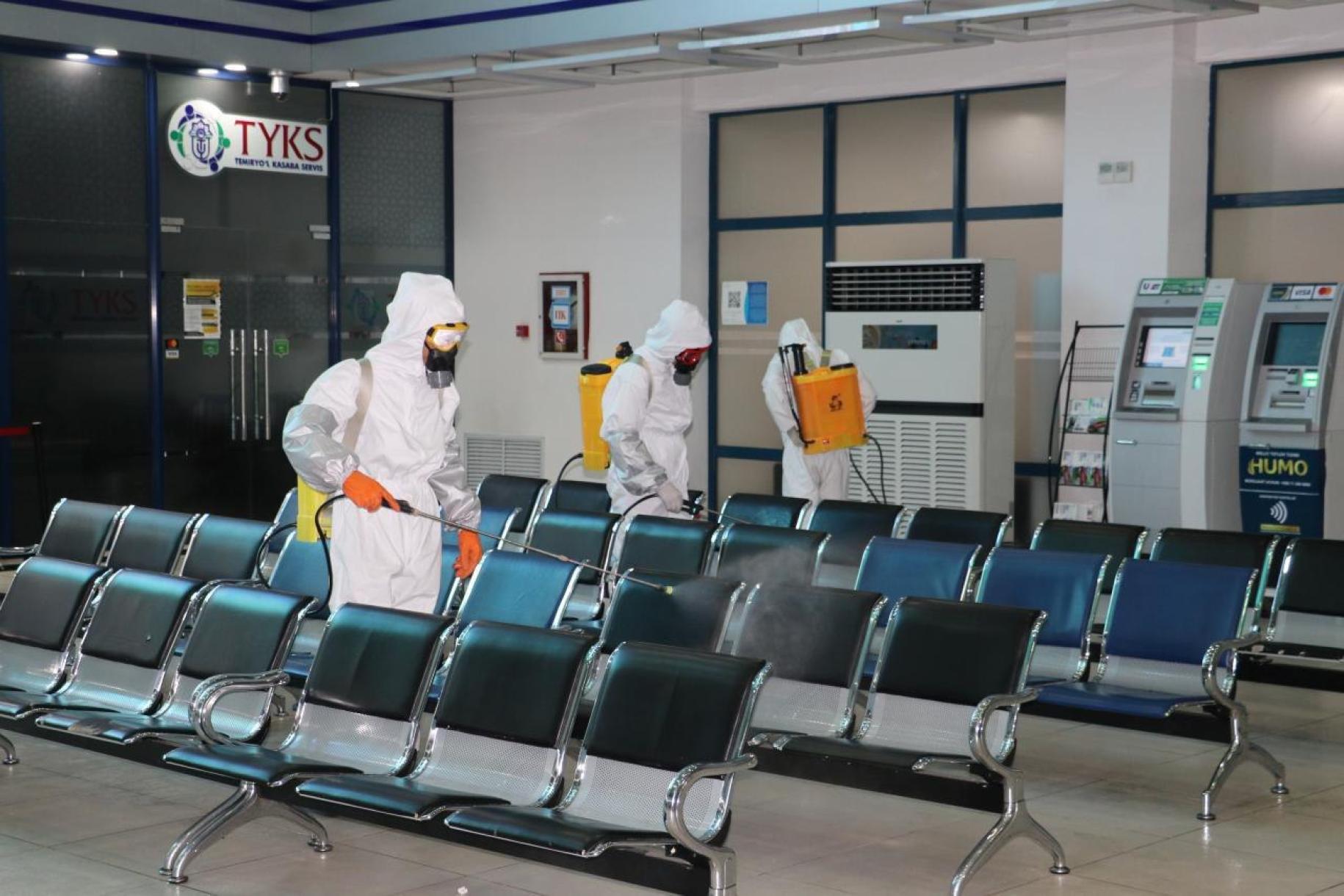
Zambia
WHO leadership, the whole UN is supporting the government’s contingency plan, with resource mobilization, communications and training of technical staff in surveillance and detection of COVID-19. The plan also envisions UN entities’ support with water and sanitation, including in health facilities, while strengthening infection prevention and control. With UNICEF’s support, the Government has developed a Risk Communication and Community Engagement action plan including reactivating the Risk Communication Committee led by Ministry of Health. UN-backed risk communication and health promotion campaigns are also running on radio and television stations, with key messages disseminated through mobile phone and social media, while three toll-free hotlines help answer people’s questions around COVID-19.
Also, the Resident Coordinator and WHO are working on resource mobilization to support preparedness and response needs. The UN is also re-purposing previous funding to procure critical supplies for the country’s response.
Zimbabwe
Upon the Government’s request, the UN is supporting with the most immediate preparedness needs such as training of healthcare workers, while ensuring their own safety, on caring for patients with COVID-19. It's also supporting the Government with the school system’s preparation, with awareness raising materials such as posters and leaflets, while also supporting with potential home-schooling preparedness needs.
Additionally, the UN is engaging with the private sector and civil society for a whole-of-society response to COVID-19. In parallel, the UN has also supported the Government in developing a Risk Communication and Community Engagement Preparedness, Readiness, Response Plan, as well as public information material for distribution and display at health centres and other public places, including airports and other points of entry into Zimbabwe.





































